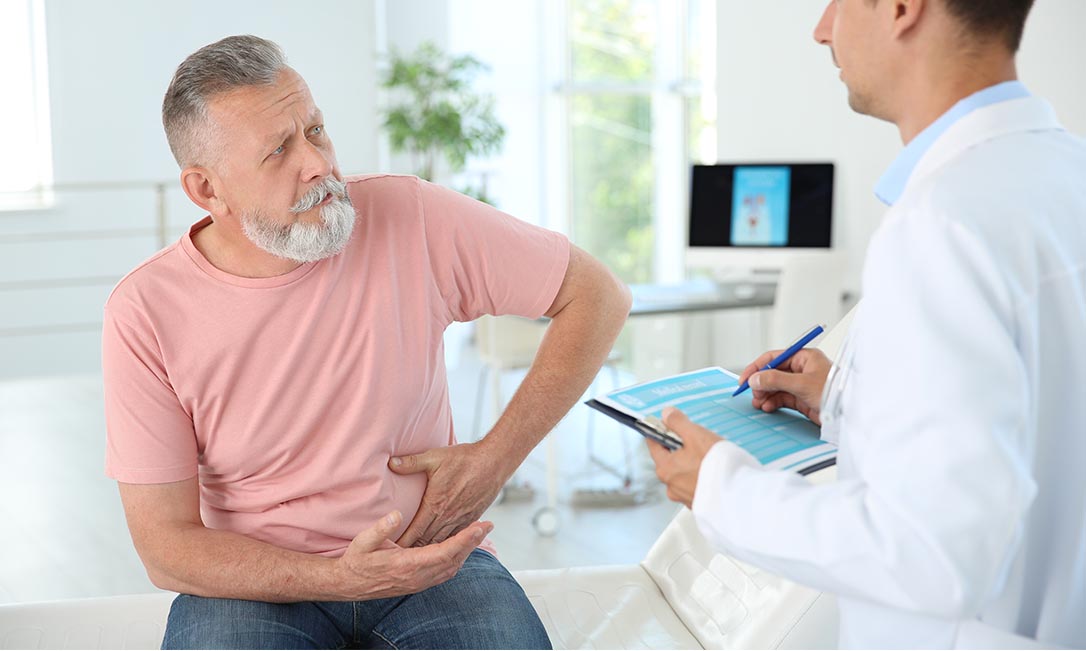Prostate hyperplasia, also called benign prostatic hypertrophy and bph or enlarged prostate, is a benign (not cancerous) condition in which excessive growth of prostate tissue presses on the urethra and bladder, thus blocking the flow of urine.
Symptoms of an enlarged prostate, difficulty urinating (hesitancy, dribbling, weak stream, and incomplete emptying of the bladder), painful urination, and the need to urinate frequently and urgently.
When the symptoms of an inflamed prostate that patients present are moderate or severe and do not improve with the usual pharmacological treatments, surgery must be performed.
Treatment includes medications to treat the symptoms of an enlarged prostate, such as relaxing the bladder or contracting the prostate. Surgery and minimally invasive surgery.
Medical researchers are not sure why the prostate enlarges. Some believe that hormonal changes with aging can cause the prostate to enlarge.
However, some indicators can develop BPH if:
- The age of the patient is equal to or greater than 40 years.
- Hereditary
- If you have certain health conditions such as: Obesity, heart disease and circulation problems, type 2 diabetes, erectile dysfunction and if you do not get enough exercise.
For the diagnosis, a medical history and some laboratory tests are performed, if necessary:
- Urine analysis
- A prostate specific antigen (PSA) test.
- Urodynamic tests.
- Cystoscopy to look inside the urethra and bladder.
- Ultrasound images of the prostate and urinary tract.
- A prostate biopsy.
RECOMMENDATIONS:
Healthy habits such as regular exercise, taking care of your figure, eating vegetables and fruits, and controlling fat in your diet can help with benign prostatic hyperplasia and reduce the risk of erectile dysfunction, diabetes, and heart disease.
For the most part, fruits are the healthiest foods, in the case of the prostate, watermelon, guava and papaya are ideal for reducing inflammation, thanks to their high content of vitamin A, C and lycopene.
Urinate frequently.
Taking baths with warm water, this helps to relieve pain.
Take medications to make bowel movements easier.
Eliminate from your diet any type of substance that irritates the bladder, for example: alcohol or coffee.
Seek medical attention and discuss symptoms, even if they don’t bother you. Without treatment, the risk of having a dangerous blockage of the urinary tract may increase.






